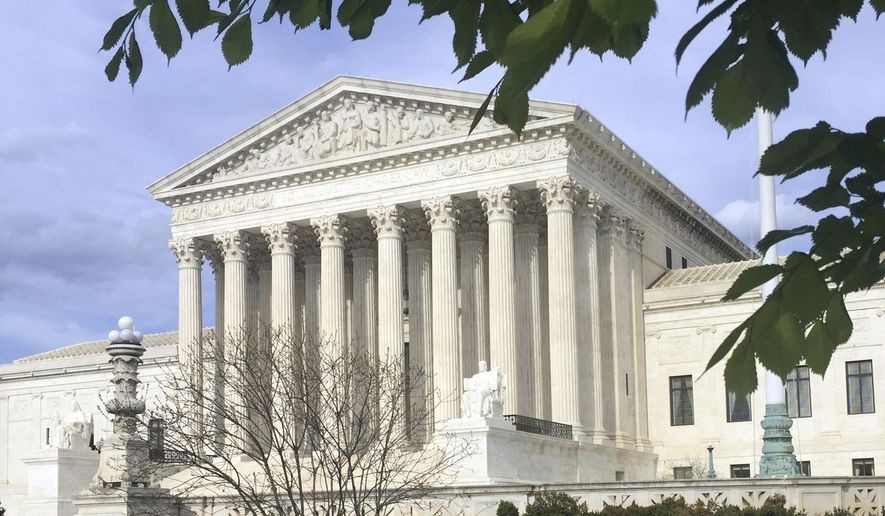People driving rental cars have an expectation of privacy from police searches even if they’re not the actual renters or not listed on the rental agreement, a unanimous Supreme Court ruled Monday.
That doesn’t mean a driver can’t incriminate himself or otherwise waive his rights, but at first glance police cannot assume someone not listed on the rental agreement is without rights, the justices said.
“The mere fact that a driver in lawful possession or control of a rental car is not listed on the rental agreement will not defeat his or her otherwise reasonable expectation of privacy,” Justice Anthony M. Kennedy wrote in the opinion for the court.
The case stemmed from an arrest of Terrence Byrd, who police found with 49 bricks of heroin in a car he was driving but had been rented by a friend on his behalf, though she didn’t list him on the rental agreement.
Mr. Byrd said the police search of the car violated his privacy.
The justices agreed that the police don’t have an automatic right to search a vehicle in those circumstances, but said Mr. Byrd’s case could still go against him.
They sent it back to lower courts to look at Mr. Byrd’s other admissions to police, such as acknowledging marijuana and the presence of heroin, and whether he could be considered the equivalent of a car thief — and thus without an expectation of privacy — if he orchestrated the fraudulent rental of the car.
Justices Clarence Thomas and Neil M. Gorsuch wrote a concurrence, agreeing with the outcome of the case but suggesting the court should welcome another case that could provide the justices a way of clearly defining what type of property interest is needed to trigger 4th amendment protection.
“Most interesting is the Court’s continued struggle to define the Constitutional basis for a defendant’s standing to contest search warrants,” said John Marti, a partner at Dorsey & Whitney.
• Alex Swoyer can be reached at aswoyer@washingtontimes.com.




Please read our comment policy before commenting.